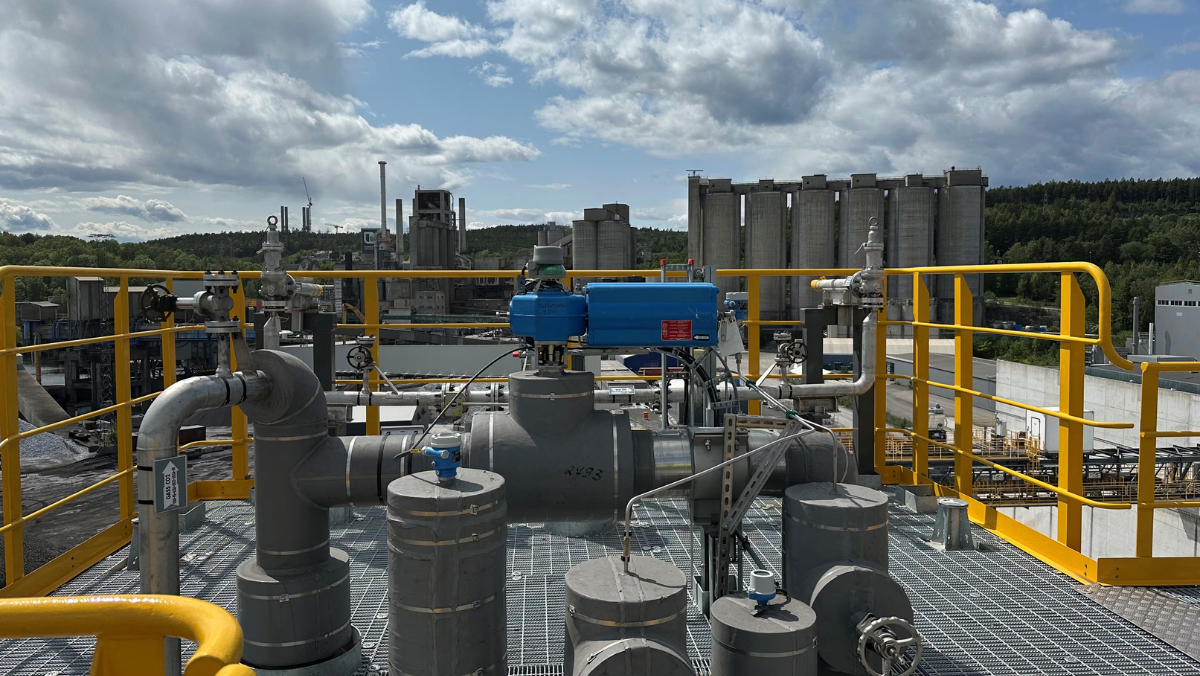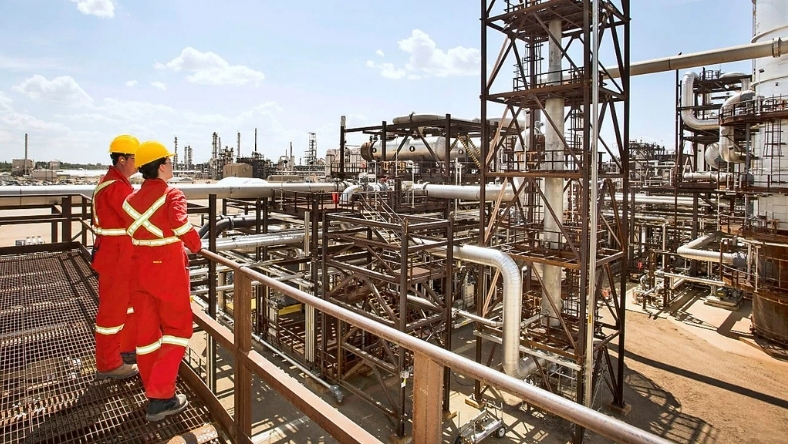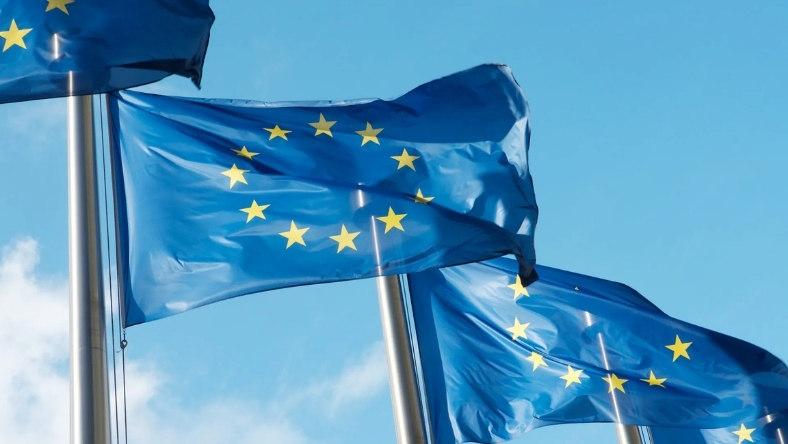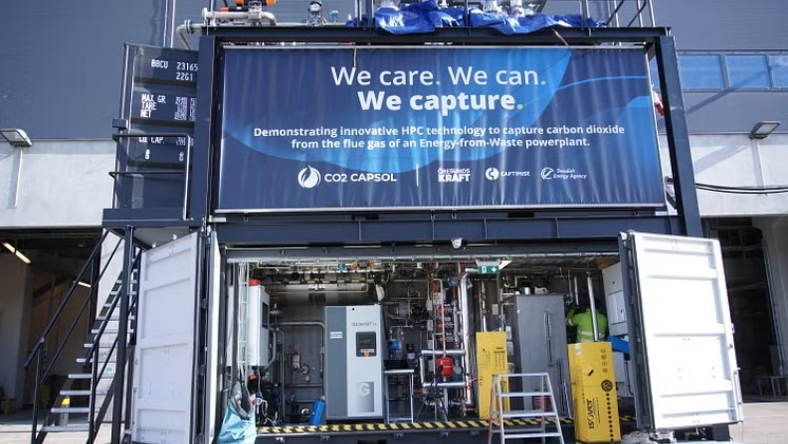INNOVATION
Germany Drops €6B and Ignites a Carbon Capture Race
Berlin’s funding aims to stabilise costs and speed CCUS deployment across heavy industry
19 Nov 2025

Germany’s decision to commit €6bn to industrial decarbonisation has added momentum to Europe’s carbon capture, utilisation and storage sector, offering long-term support at a time when energy-intensive producers face growing pressure to cut emissions.
The programme will provide multi-year contracts to help manufacturers cover the extra cost of capturing and storing carbon. For steel, cement, chemicals and glass groups, the mechanism introduces a degree of revenue certainty that has been largely absent in a market shaped by volatile carbon prices and high capital requirements.
Industry specialists said the move marked a notable shift in policy clarity. One industry commentator said the scheme represented the type of demand signal needed to encourage infrastructure investment. Companies developing modular capture systems have voiced similar expectations. Carbon Circle noted that Germany’s auction-based funding could shorten installation timelines and promote standardised equipment, while Bilfinger has reported rising inquiries from manufacturers assessing capture units for the first time.
The strategy is also tied to Germany’s competitive position. As other major economies expand clean-tech incentives, Berlin is seeking to reinforce its industrial base. The competitive bidding model, which selects projects based on cost, is expected to spur innovation and push suppliers toward more efficient, modular solutions.
However, structural constraints remain. Germany has limited domestic storage potential, meaning that significant volumes of captured CO₂ may have to be transported to neighbouring states. This would require coordinated cross-border infrastructure and agreement on liability rules. Some industries with complex emissions streams may also find it difficult to compete in cost-driven auctions.
Although CCS has been incorporated into national planning, no project awards have yet been issued. The first tender is expected in mid-2026, subject to regulatory approval.
If the scheme proceeds as planned, Europe could see larger projects, faster development cycles and a clearer route to commercial deployment. For now, Germany’s intervention signals a possible acceleration in the region’s carbon capture landscape, with companies watching how quickly the initial pipeline begins to form.
Latest News
13 Feb 2026
AI Speeds Europe’s Hunt for Carbon Storage12 Feb 2026
EU Sets Voluntary Rules for Carbon Removals11 Feb 2026
Modular Carbon Capture Tested at Cement Plant10 Feb 2026
Europe’s CO₂ Hub Alliance Pushes Cross-border Storage
Related News

RESEARCH
13 Feb 2026
AI Speeds Europe’s Hunt for Carbon Storage

REGULATORY
12 Feb 2026
EU Sets Voluntary Rules for Carbon Removals

INNOVATION
11 Feb 2026
Modular Carbon Capture Tested at Cement Plant
SUBSCRIBE FOR UPDATES
By submitting, you agree to receive email communications from the event organizers, including upcoming promotions and discounted tickets, news, and access to related events.